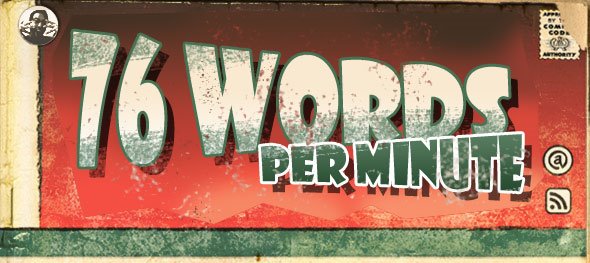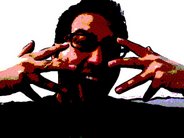Our last few days in Peru were stellar and I wish I could do without condensing them into one post, but it's become difficult for me to relay everything concisely.
We took off from Cuzco in the early morning, departing our hotel with our bags and everything in tow. I wasn't looking forward to the 8-hour bus ride, but seeing as it was going to be broken down into chunks between cities, it didn't feel quite as bad as I'd imagined. It's hard for me to recall the names of everything we saw, from the brief stop at an Inca Hotel to an agrarian ruin whose name escapes me. It was rife with history. It was packed with photographs, dramatic views, and sore legs. It was also completely exhausting.
What we learned along the way, again, is that the passion of our Peruvian tour guides is as expansive as their knowledge. While we were treated to the usual marketing ploy from the locals and even a "student" who was peddling some wares, there was a sense that the history of the sites we visited was very important. While some of our stops were brief at best, our guides made sure we had a thorough knowledge of what each site had meant to the country in ancient, colonial, and modern times. As fascinating as that was, it became a little hard for me to listen to both the English and Spanish expositions along the way. Perhaps it was the delivery, but I'm going to blame it on my mind being blasted from the lengthy bus ride.
Puno finally came into view after we had driven through the town of Juliaca. Hailed by our tour guide as the "folklore capital of Peru," Puno is the closest and largest major city adjacent to Lake Titicaca. By this respect, it happens to be the highest elevation at which we lodged. At this point, the elevation wasn't a big deal, but the cold nights really made a difference in our hot water and on our heat. It was freezing at times, but bearable. Our first night in the city, we were able to explore the street market and even see a sampling of its tourist district, but we would see much more the next day.
Titicaca, the highest navigable lake in the world, was our destination on our final full day. Expansive enough to barely see Bolivia on a clear day, its serenity and clarity add to the incredible beauty of the landscape. Titicaca is home to several small islands and even more numerous man-made floating islands, or islas flotantes, two of which we would visit. These floating islands are the last vestiges of ancient pre-Inca society, but with many of the modern conveniences we have today. Strung together using the abundant natural reeds on the lake, each isla functions as hearth and home for hundreds of people with solar electricity, schools, and even a discotheque! As we watched one of the native peoples demonstrate how each island was constructed, a light snow fell. It helped remind me that our situation couldn't get any more incredible.
Riding from one island to the next on one of the reed boats, we departed for the natural island of Taquile. One of the larger islands in the middle of Titicaca, Taquile was not safe from the colonial thumb of the Spanish. One can clearly see the influence of Moorish Spain in the black shawls of the women, the colonial stone paths, and especially the signs of Catholic life. Amazingly, the small town center of Taquile is dominated by a large tourist market selling the hand-woven goods of the inhabitants. We enjoyed a viewing of a late Mother's Day celebration, a particularly tasty meal, and we were off. Taquile disappeared in the background as we sped back to Puno in our ferry, surrounded by a thunderstorm, rocking back and forth in the majesty of the great lake.
That last night, we ventured into Puno yet again for a last view of Peru from the ground. This time, we happened upon the Plaza de Armas and the main tourist drag. It was bustling, alive with the people of Peru and beating along with the hum of excited foreigners, ourselves included. This was the Peru that we had come to know. Passionate, ancient, and inspiring. If all our vacations could be exactly like this one, I would make it mandatory.
Thankfully, I think they will be.
Tuesday, June 03, 2008
Puno and the Reed Village - Peru Days 7 & 8
Subscribe to:
Post Comments (Atom)



No comments:
Post a Comment